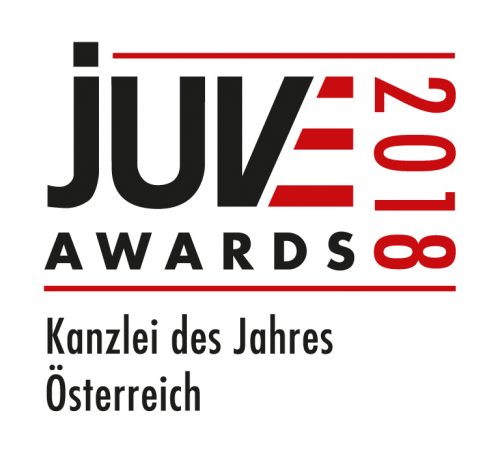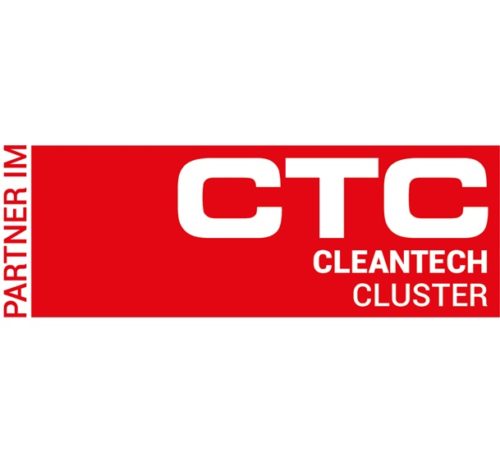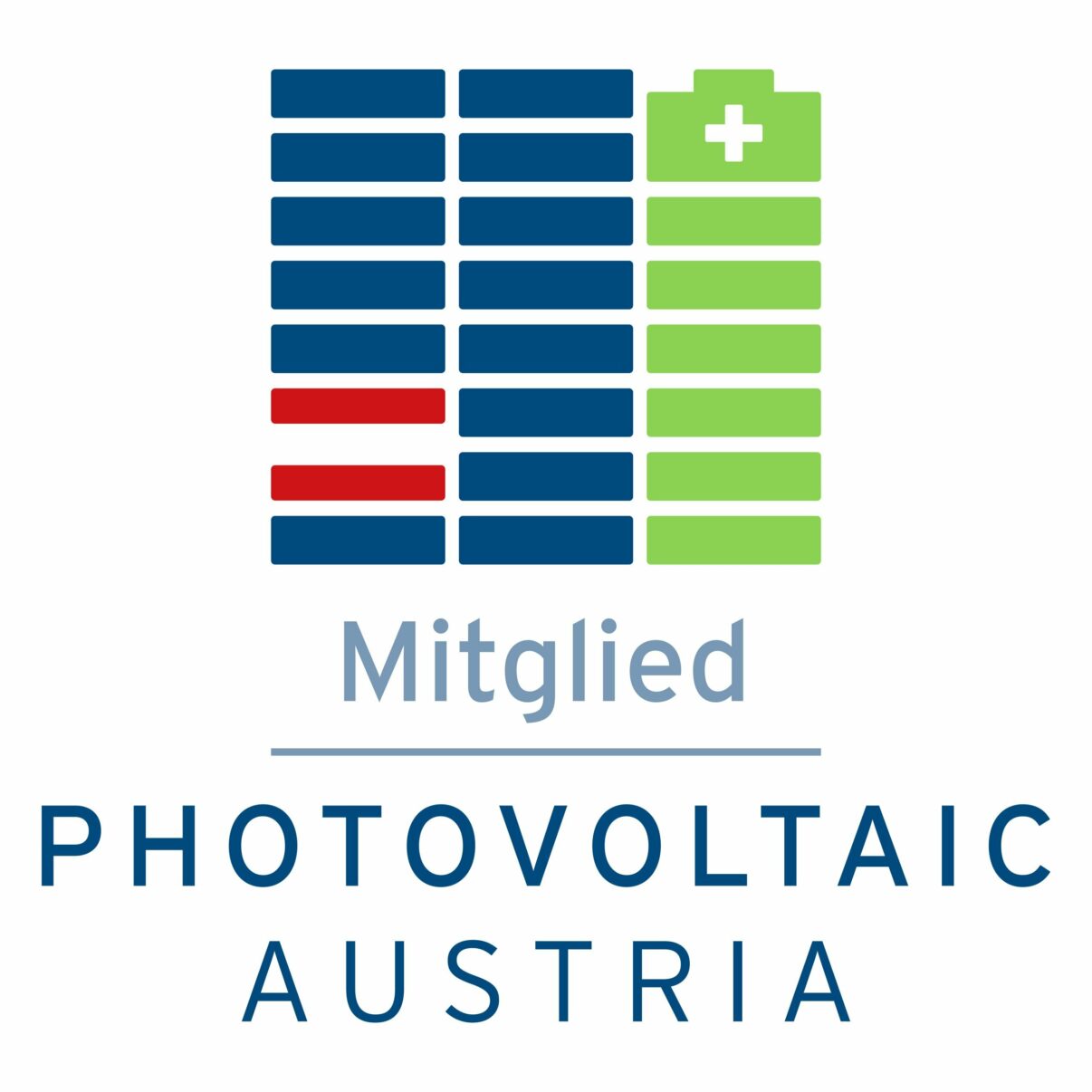Whistleblowing reporting systems
We help with implementation and processing!
Green marketing claims are becoming increasingly popular, but due to the lack of easy verifiability, they always harbor the risk of greenwashing. The EU now wants to put a stop to this and hold companies accountable. The EU Green Claims Directive, proposed on March 22nd, 2023, aims to prevent companies from making misleading claims about the environmental or climate benefits of their products and services, thus enabling consumers to identify greenwashing and make informed choices.
However, companies can also generate competitive advantages over competitors that do not rely on credible and trustworthy environmental labels by complying with the EU Green Claims Directive (or its implementing legislation). It is also expected that the implementation will ensure a level playing field for all companies. In this regard, the EU Green Claims Directive is also intended to flank the Directive on Empowering Consumers for the Green Transition, the draft of which was already passed last year.
The directive is intended to cover claims that companies make voluntarily to consumers and that relate to the environmental impacts, aspects or performance of a product or company itself and are not already regulated by other EU legal acts (e.g. by the EU Ecolabel). These are, for example, statements on the use of recycled plastic or savings in CO2 emissions.
The EU Green Claims Directive provides essential obligations in the form of minimum standards for the substantiation and evaluation of such environmental claims. The evaluation must show, among other things, whether the claim applies to the entire product or activity of the company or merely to individual product parts or parts of the activity. It must be based on recognized scientific evidence and the latest state-of-the-art technology and must take into account all significant aspects and effects on the environment. A so-called lifecycle perspective is required, i.e. the product must be considered from the procurement of its raw materials to its final recycling. Available information – whether created by the company itself or by third parties – must be included in the assessment.
Environmental claims must therefore be substantiated with scientific evidence and verified by independent auditors prior to use, and ultimately accompanied by a certificate recognized in the EU (certificate of conformity). Compliance with these obligations must be verified by independent bodies (authorities). These must be granted appropriate control and enforcement powers (e.g. rights of information and inspection).
With regard to communication to the customer, various standards apply, whereby only verified environmental claims may be communicated. Along with the environmental claim, the customer must also be provided with information on the correct use of the product so that they are able to actually generate the communicated benefits. Furthermore, customers must be given access to additional information about the product and the company in physical or electronic form (e.g. via QR code).
Stricter requirements apply to comparative environmental claims in the sense that a product or company is presented better than other products or companies. Essentially, it is crucial that the evaluation of the environmental claim was based on comparable data and processes.
These obligations also extend to companies from third countries that target their advertising of environmentally friendly products or services at consumers from EU member states. Various exceptions exist for microenterprises (i.e., those that employ fewer than 10 people and have annual sales of no more than 2 million euros).
In order to prevent a further spread of private or public labels, which are difficult or not at all transparent or comparable, a framework of criteria is to be created by which the credibility and trustworthiness of environmental labels can be assessed. New public labels should no longer be permitted at all, while new private labels should only be permitted if they pursue higher ambitions than existing EU labels. Existing public labels may continue to be used as long as they meet the general requirements for environmental claims. Labels that also include a rating or other assessment of the environmental impact of a product may only be used if the label has been developed under EU law. For existing private labels, however, the draft directive provides with regard to the empowerment of consumers for the green transition that such labels must be based on a certification system.
In order to increase the transparency of labels, labels approved for use will in the future also be entered in a database to be published by the Commission.
In the event of infringement, the member states must provide for deterrent sanctions when implementing the directive. These include severe fines (administrative penalties) or the confiscation of revenues due to the distribution of the affected products. Furthermore, companies can be temporarily excluded from public procurement procedures or public funding. In addition, there is the threat of civil law actions by consumer protection associations to enforce collective (consumer) interests.
Attention must also be paid to the prohibitions on misleading statements contained in the draft directive with regard to the empowerment of consumers for the green transition, which address in particular general environmental claims and the durability of products. Among other things, the UWG is to be supplemented by a whole series of new offences, for example to introduce the planned early obsolescence or the concealment of manufacturer ties as per se unfair business practices. The impacts on the Austrian legal situation remains to be seen, as the Supreme Court has already ruled very strictly on environmentally-related advertising.
The directive is currently only available as a proposal and has yet to be finally adopted by the EU. Following this, it still needs to be transposed into Austrian law, which must be done within 18 months of the directive coming into force. It therefore remains to be seen which obligations must actually be complied with and which sanctions may be imposed. However, companies wishing to advertise the environmental aspects or benefits of their products will be significantly affected, and it is advisable to act in good time before the obligations come into force so that products may continue to be advertised without sanctions.
If you have any further questions on this topic, please do not hesitate to contact our expert Christoph Harringer from the ESG and Sustainability team by phone or at akut@hnp.at.
This article is for general information only and does not replace legal advice. Haslinger / Nagele Rechtsanwälte GmbH assumes no liability for the content and correctness of this article.
12. April 2023






